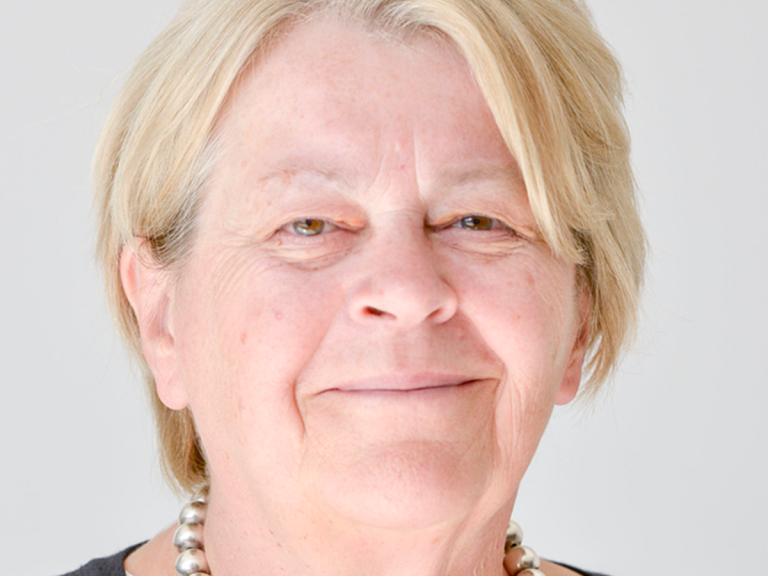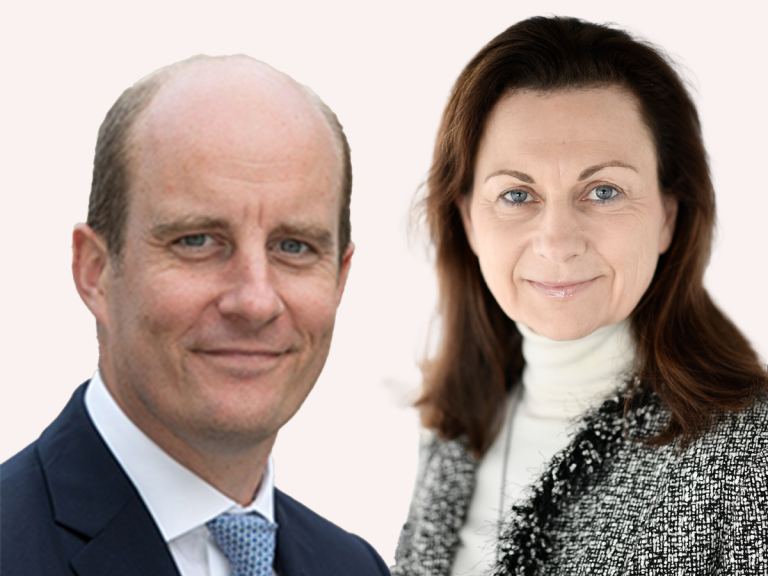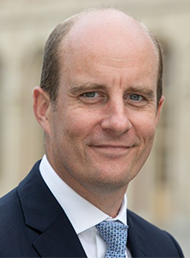The momentum driving captive growth in Europe is expected to continue with increasing domicile options supporting the trend, according to AXA XL’s Marine Charbonnier and Julien Guénot.
Speaking in an episode of the Global Captive Podcast, recorded at the European Captive Forum earlier this month, Charbonnier, head of captives and facultative underwriting in APAC & Europe, said the volume of new captives formed in France has been surprising but the drivers are clear.
She added AXA XL had been involved in many of the new captives formed in France, both before the new legislation and after. There are now 14 reinsurance captives domiciled in France, with four being formed in 2023.
Subscribe to the Captive Intelligence newsletter to receive our FREE twice weekly updates with links to news, analysis and podcasts.
There has been a “rising number” of cessions to captives, prompted by the constraints of the commercial market and growing global programmes for sophisticated insurance buyers.
Guénot, regional leader of the Southern Europe markets at AXA XL, which includes France, Spain and Italy, believes there are three dimensions and drivers of the changing domicile landscape on the continent, starting with the commercial market.
“The captive can be an agile tool to adjust, to adapt, to be a bridge between what the market is offering and what a customer would like to obtain,” he explained.
“The second is what we observe as an insurer. The continuous evolution of emerging risk, which is not one risk today. We are facing probably eight, nine crises at the same time. So anytime you have developing risk, which are coming together, you see casualty or cyber captives becoming a really agile tool.
“And last, we observe a very interesting momentum of centralization of power and decision making in the corporates we are supporting. A captive, and risk management in general, is a fantastic tool that permits corporates to centralise their risk management capabilities and organisation.”
Guénot said the historic captive centres such as Luxembourg, Ireland and Switzerland remain “very popular”, but the evolution in France has served as a “positive inspiration” for risk management communities in Spain and Italy to explore the possibilities at home too.
Captive Intelligence reported last week that Enel had formed the first Italian reinsurance captive, ultimately planning to merge and close its long-standing Netherlands-domiciled captive.
“Over the past two years, we have seen strong growth in new captive formations in Europe,” he added.
“I would expect that interest to remain very strong. There is scope for growth, specifically in Spain and Italy, where risk management has risen up the corporate agenda in recent times.
“Both internal and external factors are explaining that companies are looking for greater resilience, additional capacities to manage the terrible crises they are undergoing. Look at natural catastrophe. It’s a key topic for those two countries and definitely captives will play an important part.”
Charbonnier said whether the captive is domiciled in the parent’s home country or an established captive domicile does not make a big difference to AXA XL, but remaining in a Solvency II domicile does simplify matters.
When it comes to forming new captives and the involvement of a fronting partner such as AXA XL, Charbonnier added that teamwork is key.
“We work with the broker often on options of captive retention for the risk transfer and also for the captive setting conditions,” she added.
“And after that, we also explain how we will work together on the operational side. That is really key for the success of the captive.”
















